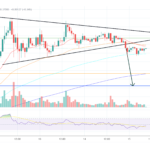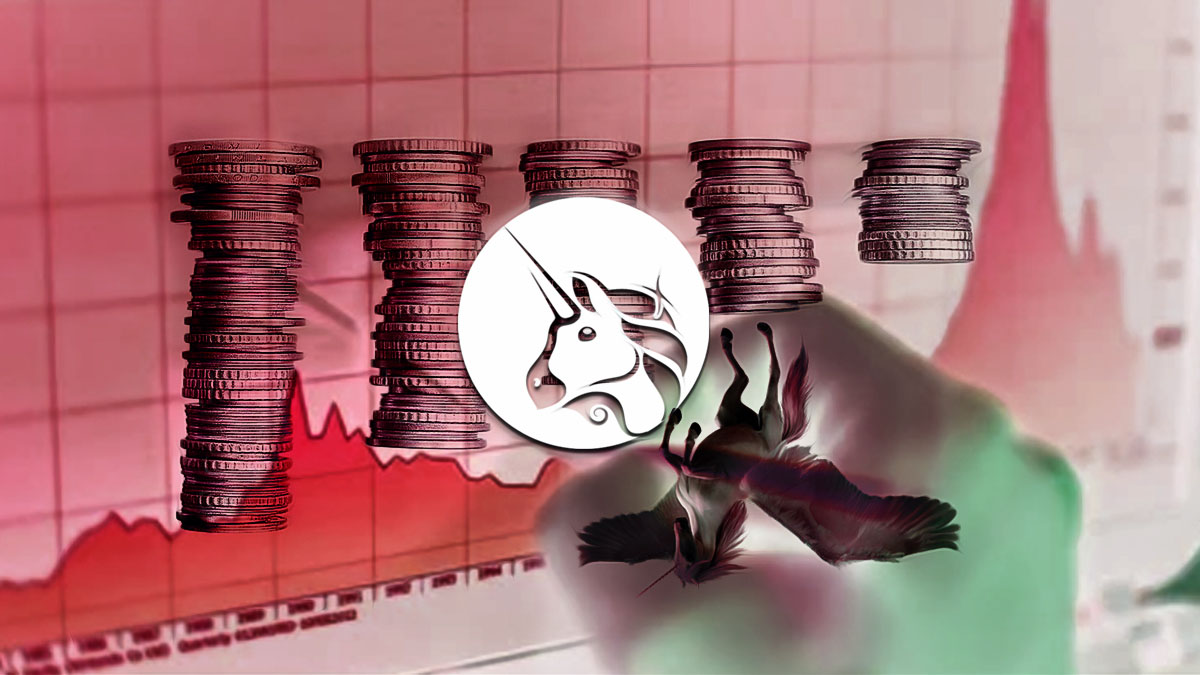
Bitcoin‘s price has recently dipped below $63,000, continuing a trend that has been prevalent for the past six months. After reaching resistance levels, Bitcoin typically experiences a price decline, a pattern observed consistently over the last two quarters. This situation brings forth questions regarding the foreseeable future for Bitcoin and UNI Coin. What insights can market analysts provide on these cryptocurrencies?
What Factors Impact UNI Coin Prices?
The performance of UNI Coin may hinge significantly on the results of the upcoming US elections. As a leading cryptocurrency within the decentralized finance (DeFi) sector, UNI Coin has felt the weight of negative market sentiment. Analysts, including Daan Crypto Trades, believe that regulatory clarity stemming from the elections could potentially uplift UNI Coin’s market value.
How Do Experts View Bitcoin’s Future?
Crypto analysts Fella and Roman have also provided their predictions for Bitcoin’s trajectory. Fella shared insights indicating that a pivotal breakout may be imminent, especially since October historically signals rising prices, a trend he playfully refers to as “Uptober.”
Key takeaways from the analysis include:
- UNI Coin’s price may rise depending on the election outcome and the broader regulatory environment.
- A Trump victory could lead to a significant market rally, benefiting cryptocurrency investors.
- Bitcoin is poised for a potential breakout, with October historically favoring upward trends.
- However, vigilance is necessary as there are concerns regarding Bitcoin’s support levels around $62,000.
Market analysts agree that the coming weeks will be crucial for both Bitcoin and UNI Coin, with various external factors influencing their performance. Observers remain optimistic yet cautious, emphasizing the necessity of monitoring key support levels and regulatory developments.
Disclaimer: The information contained in this article does not constitute investment advice. Investors should be aware that cryptocurrencies carry high volatility and therefore risk, and should conduct their own research.








